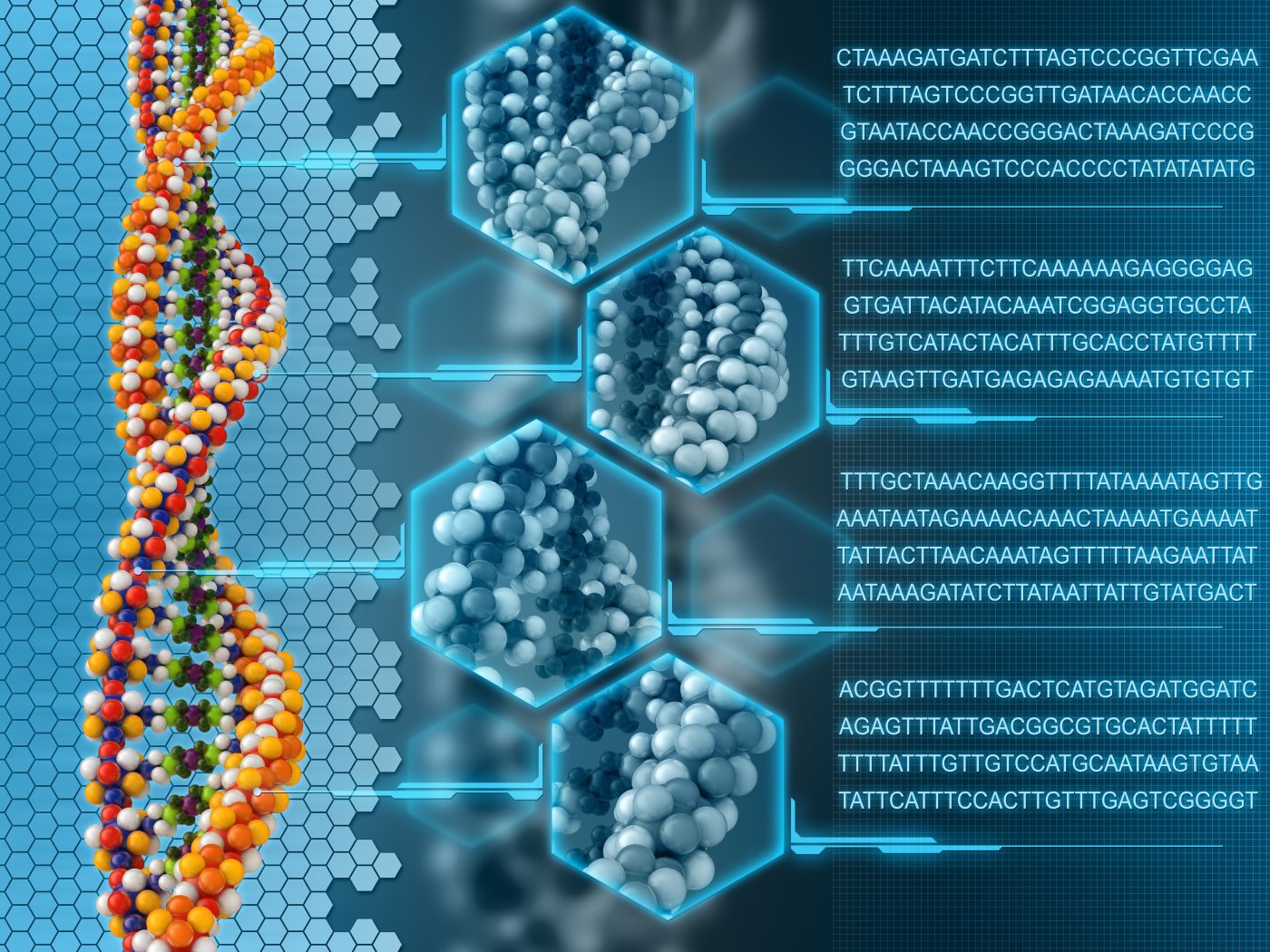Corbus to Present Promising Data on Resunab as Systemic Sclerosis Treatment
Written by |

Corbus Pharmaceuticals will present results showing that Resunab (JBT-101), the company’s cannabis-derived treatment for systemic sclerosis (SSc), can trigger specific molecular pathways which resolve inflammation and halt fibrosis.
The data will be presented by Michael L. Whitfield, PhD, a molecular biology professor at Dartmouth and scientific founder of Celdara Medical, will present the data March 13 at the Corbus Research and Development Day in New York.
The results come from analyses of skin biopsies conducted after 12 weeks of treatment of a Phase 2 clinical trial (NCT02465437) assessing the safety and effectiveness of Resunab in 27 SSc patients, compared to placebo treatment in 15 patients.
Whitfield will discuss the different gene expression profiles between skin biopsies from patients treated with Resunab and those treated with placebo. The data shows specifically that treatment with Resunab decreased the expression of multiple genes in molecular pathways associated with extracellular matrix organization, collagen metabolism, inflammatory response, response to cytokines and angiogenesis (the physiological process through which new blood vessels form from pre-existing vessels).
Patients treated with Resunab also showed an increase in the expression of genes associated with bioactive lipid metabolism pathways. These results confirm the ability of oral Resunab to activate a group of proteins called CB2 receptors that are expressed on activated immune cells and that trigger molecular pathways which resolve inflammation and halt fibrosis.
“These data show concurrent reduction of gene expression in both inflammatory and fibrotic pathways with drug treatment in patients with systemic sclerosis that is not evident in the placebo control arm,” Whitfield said in a press release. “The changes are occurring in a short timeframe, suggesting that if we followed patients for a longer period of time, we may see even more robust responses.”
Corbus, based in Norwood, Massachusetts, describes JBT-101 as a novel synthetic oral endocannabinoid-mimetic drug that preferentially binds to the cannabinoid receptor type 2 (CB2) expressed on activated immune cells and fibroblasts.
Barbara White, MD, chief medical officer of Corbus, said the data support the “positive clinical benefit” observed with JBT-101 treatment in the recently completed Phase 2 study.
In January, the European Commission granted JBT-101 orphan drug status for the potential treatment of SSc and cystic fibrosis (CF). It has also received the U.S. Food and Drug Administration’s Fast Track status for the treatment of both diseases.





